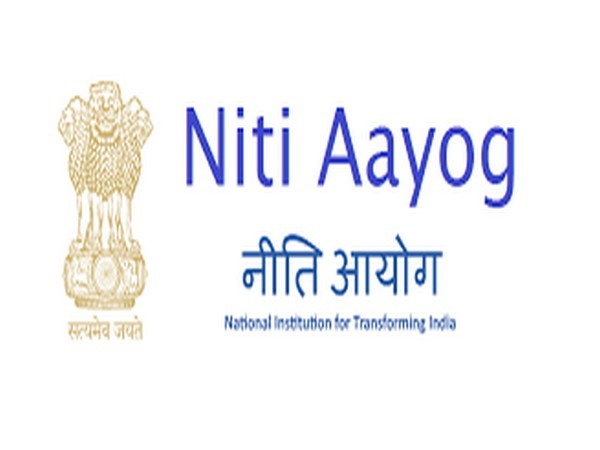NITI Aayog Launches First Tax Policy Paper to Boost FDI and Investment Certainty
Reflecting India’s model of collaborative governance, the working paper was developed through extensive consultations with stakeholders, with successive drafts shared for feedback before being finalized.

- Country:
- India
As India moves towards its Vision 2047 of becoming a developed economy, the creation of a transparent, predictable, and efficient tax framework has been identified as a key driver of sustainable growth. In this direction, the NITI Aayog Consultative Group on Tax Policy (CGTP) has released the first paper under its new NITI Tax Policy Working Paper Series, focusing on strengthening India’s tax regime for foreign investors.
A Collaborative Reform Approach
Reflecting India’s model of collaborative governance, the working paper was developed through extensive consultations with stakeholders, with successive drafts shared for feedback before being finalized. Participants included representatives from the Central Board of Direct Taxes (CBDT), Department for Promotion of Industry and Internal Trade (DPIIT), Institute of Chartered Accountants of India (ICAI), and Central Board of Customs (CBC), alongside private-sector experts from leading firms such as Deloitte, EY, and Lakshmikumaran & Sridharan.
Releasing the paper titled “Enhancing Tax Certainty in Permanent Establishment and Profit Attribution for Foreign Investors in India”, the CEO of NITI Aayog underlined that India’s ability to attract record levels of Foreign Direct Investment (FDI) and Foreign Portfolio Investment (FPI) over the last two decades reflects its strong fundamentals. However, greater tax predictability and dispute resolution mechanisms are needed to reduce investor uncertainty.
The Context: Tax Uncertainty in India
India’s vast market, demographic dividend, and reform momentum have positioned it as one of the top global destinations for foreign investment. Yet, taxation challenges around Permanent Establishment (PE) and Profit Attribution remain a persistent source of disputes and litigation.
Foreign investors often face:
-
Unclear definitions of Permanent Establishment (PE), leading to varied interpretations.
-
Uncertainty in attribution of profits between parent entities and Indian subsidiaries.
-
Prolonged disputes and compliance burdens that undermine investor confidence.
Despite these hurdles, India has seen remarkable FDI growth, underscoring that investors continue to value the country’s opportunities while urging greater regulatory clarity.
Key Recommendations in the Paper
The working paper proposes a multi-pronged framework aimed at enhancing tax certainty:
-
Optional Presumptive Taxation Scheme: Introduction of an industry-specific, simplified scheme for foreign companies to reduce compliance costs and litigation.
-
Legislative Clarity: Greater precision in laws defining PE and profit attribution, reducing room for interpretational disputes.
-
Robust Dispute Resolution: Streamlining existing processes with faster and more predictable outcomes.
-
Administrative Efficiency: Modernizing tax administration systems and improving ease of compliance for foreign investors.
-
Alignment with Global Best Practices: Ensuring consistency with international standards and India’s treaty commitments.
This approach, the paper argues, will not only reduce disputes but also strengthen India’s tax base, attract high-quality FDI, and support sustainable growth.
Towards a Future-Ready Tax Regime
The recommendations are aligned with the government’s vision of creating a world-class, investment-friendly environment. They will:
-
Boost investor confidence through tax predictability.
-
Reduce litigation and administrative burdens on both companies and government.
-
Encourage multinational corporations to expand operations in India.
-
Help India integrate more seamlessly into the global investment ecosystem.
The paper suggests that the Ministry of Finance may consider adopting the framework in future Finance Bills, after consultation with industry, experts, and treaty partners.
Strategic Significance for Vision 2047
The release of this first working paper marks a milestone in India’s journey towards Vision 2047, when the country aims to emerge as a developed, competitive, and innovation-driven economy. A predictable tax system is critical not only for attracting new FDI but also for retaining and expanding the commitments of existing investors.
By strengthening Ease of Doing Business and ensuring fair tax treatment, India aims to reinforce its status as a trusted investment hub for the coming decades.
Access to the Report
The full working paper can be accessed at: NITI Aayog Tax Policy Report










